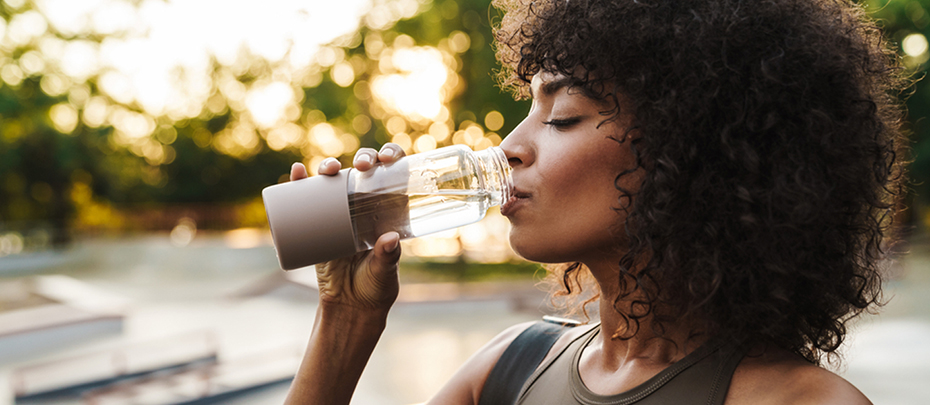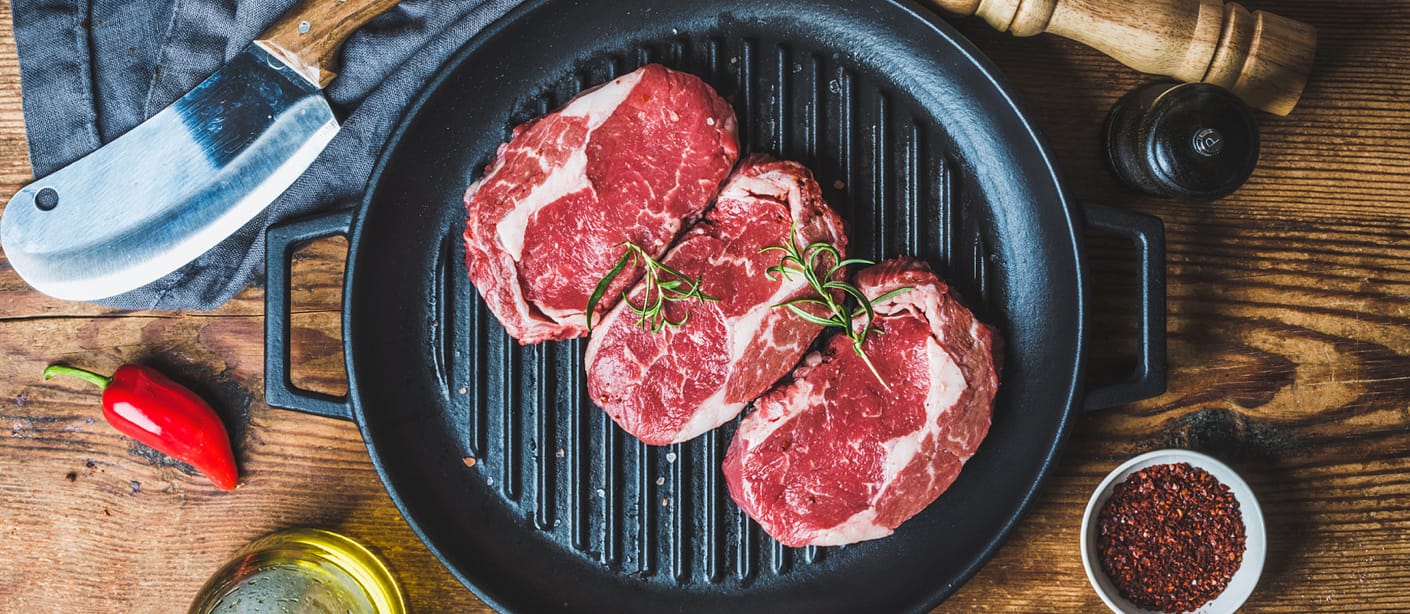What Are Electrolytes?
Electrolytes are specialized minerals, like sodium, potassium, chloride, calcium, phosphate, and magnesium. Transporters such as glucose allow your body's cells to effectively absorb electrolytes, and as a result, bring fluid in as well via osmosis. Without enough fluid and electrolytes, your body's risk of dehydration* — as well as complications including fatigue, headache, dizziness, reduced motor function — all increase.
As you sweat, your body naturally loses electrolytes, which is why they're especially important for athlete hydration or rehydration. During exercise, you lose sodium and chloride in great quantities. Together, sodium and chloride make salt, and when you sweat out the minerals, they can often form salt on your skin.
But they're not just for athletic performance: Fluid and electrolytes are also lost through sweat during hot summer months and can be critical for those who work outdoors or those spending time on a tropical vacation.
What Is the Function of Electrolytes?
One essential function of electrolytes is conducting electrical signals throughout the body. Every cell in the human body operates via electricity. The ability for cells to properly send and receive electrical currents is vital to health, function and well-being. It allows your heart, muscles and brain to work their best.
You can get electrolytes through both the foods you eat as well as electrolyte-containing beverages. Eating a well-balanced diet can help provide the electrolytes you typically need for good health. However, if you're sweating a lot from intense exercise or spending time in hot weather, you likely need to increase your fluid and electrolyte intake with a hydration beverage such as Pedialyte® Classic or Pedialyte® Sport. These scientifically formulated drinks can help reduce the risk of mild to moderate dehydration.
Drink these before, during and immediately after your workouts or outdoor time for less muscle fatigue or improved recovery and to help prevent symptoms of dehydration like headaches or muscle cramps. Keeping up with your hydration, including electrolytes can help you stay alert and feeling well hydrated.




Social Share